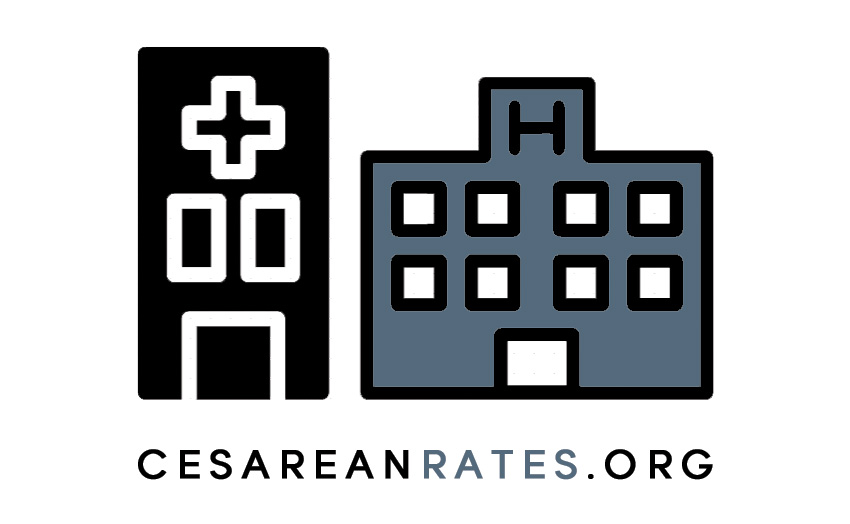The Defending Ourselves Against Defensive Medicine series, which ran in early 2011, is collection of articles from diverse stakeholders curated by Jill Arnold on TheUnnecesarean.com. The now defunct blog's unyielding stance on how openly citing fear of being sued as the reason for altering a healthy patient's course of care to include unnecessary major abdominal surgery is in itself an admission of malpractice is documented in the 2018 book, Cesarean Section: An American History of Risk, Technology and Consequences by Dr. Jackie Wolf.
Defending Ourselves Against Defensive Medicine
In this introduction to the DOADM series, Jill Arnold, founder of The Unnecesarean, asks whether it’s ethical to brush off defensive medicine in obstetrics as merely an unfortunate and costly dilemma.
Myths of Malpractice in American Obstetrics
Sociologist Louise Marie Roth shares her research, which challenges the claim that the number of obstetric malpractice lawsuits has caused the rise in the cesarean rate in the United States.
Malpractice 101 (and other scary stories surgeons tell in the dark)
Courtroom Mama, a contributor to The Unnecesarean, offers an introduction to medical malpractice for the non-attorney.
An anonymous OB-GYN describes the lawsuit that changed everything.
The Necesarean: The Perspective of a Plaintiff’s Birth Trauma Attorney
Lee Tilson, who has litigated medical malpractice cases for decades and was drafted into the patient safety movement by medical errors that adversely affected two family members, shares his views on cesarean sections.
Who is defending whom from what?
Sociologist Barbara Katz-Rothman looks critically at malpractice insurance, pregnancy, risk and the U.S. health care system.
The Separate “Fetal Patient”: Does Defensive Medicine Justify Medical Coercion?
National Advocates for Pregnant Women ask whether recent debates about so-called “personhood” measures—ones that would legally separate eggs, embryos and fetuses from the pregnant women who carry, nurture, and sustain them—raise the question of whether “defensive medicine” provides a reasonable justification for forcing pregnant women to undergo cesarean surgery or for locking them up if they refuse.
The Trap of Overselling and Underdelivering
OB-GYN Henry Dorn examines the role of technology and public opinion of modern obstetrics.
Collateral Damage: A Patient’s Experience of Defensive Medicine
Emjaybee, a contributor to The Unnecesarean, gets real about her experience with defensive medicine in maternity care from the perspective of a patient.
Texas-Style Tort Reform: The Real Impact of Proposition 12
Non-partisan, consumer advocacy organization Texas Watch analyzes the effects of Proposition 12.
No One Truly Benefits from Defensive Medicine
President of the International Cesarean Awareness Network (ICAN) Desirre Andrews reflects on the organization’s concern for the effects of a defensive practice style.
ANaturalAdvocate, a contributor to The Unnecesarean and almost-lawyer, tells how her son’s iatrogenic prematurity stemming from an induction at 37 weeks for suspected macrosomia affected her and her choices for future births.
Defensive Medicine is a Symptom of a “Risk Society”
Amy Tuteur proposes that while defensive medicine appears to be about protecting doctors from liability, it’s really about protecting patients from any and all risk.
Patient Advocates on How to Defend Oneself from Defensive Medicine
Two well-known patient advocates, Trisha Torrey and Dave deBronkart, share their thoughts on how to defend oneself from defensive medicine.
Building Trust in a Defensive Environment
Jill Arnold and Henry Dorn explore how to build trust in the patient-provider relationship in the final post of the Defending Ourselves against Defensive Medicine series.
A 2012 follow-up article:
Did Tort Reform in Texas Lower the State's Total Cesarean Rate?

